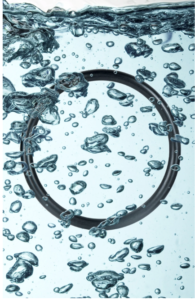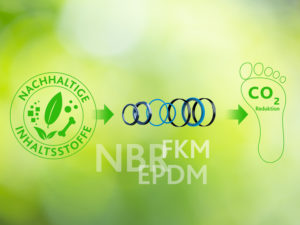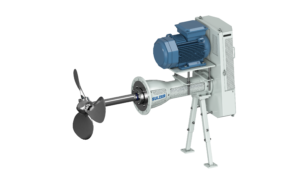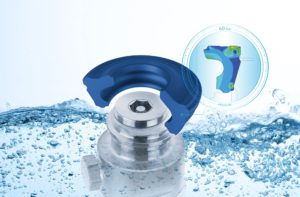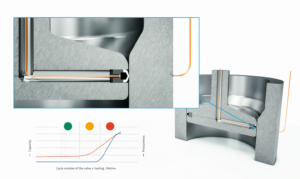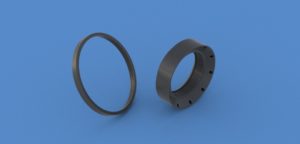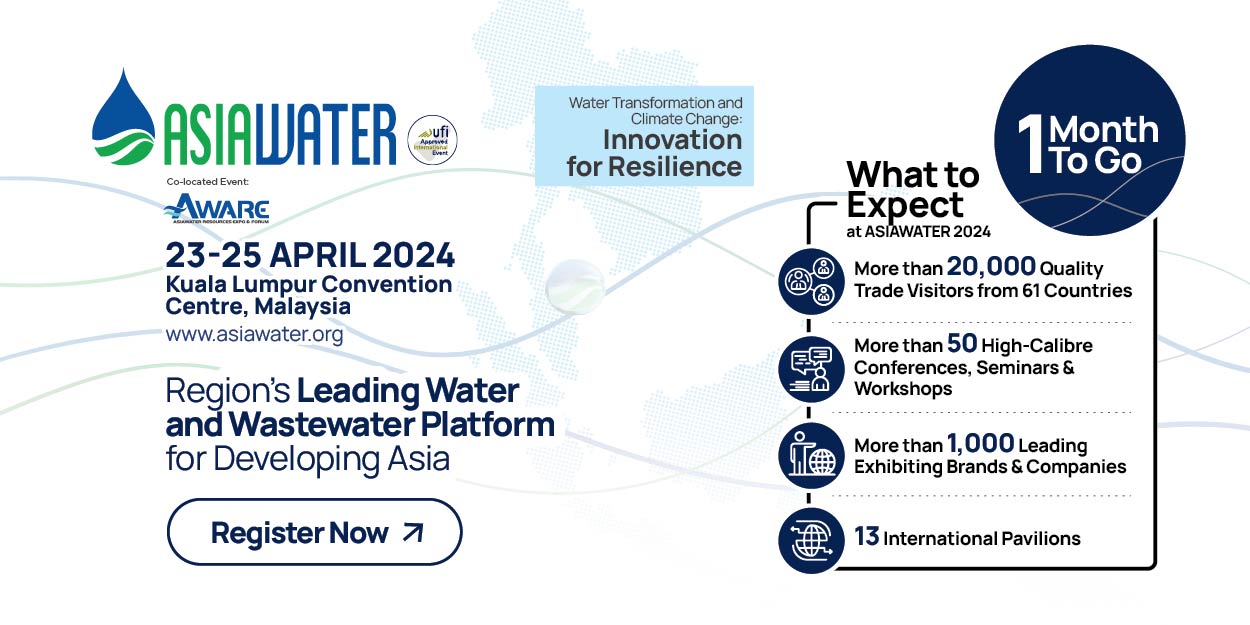HI Announces Mechanical Seals Summer Webinar Series
The Hydraulic Institute (HI), in collaboration with the Fluid Sealing Association (FSA) and the International Sealing Distributors (ISD), announced the kick-off of the Mechanical Seals Summer Webinar Series, an overview of mechanical seals for pumps led by the nation’s leading seal experts.
The series begins on Tuesday, July 26, 2011. This is a 4-part webinar series based on the HI FSA guidebook, Mechanical Seals for Pumps: Application Guidelines, published in cooperation with the Fluid Sealing Association. Each webinar lasts about one hour, including a Q&A session.
Webinar participants will be led by and have access to some of the world’s top mechanical seals experts in a non-commercial educational forum. Participants receive 4 professional development hours (PDH credits) for participating in this four-part webinar series. PDH credits are offered after completion of each webinar to participants who are seeking credits. This series will be particularly helpful to anyone working with mechanical seals on pumps.
To register for the Mechanical Seals Summer Webinar Series go to www.Pumps.org. The entire series is only $295.00 which includes a copy of the HI Mechanical Seals Guidebook, an on-going learning resource for webinar participants. Registration for individual sessions is also possible, at a cost of $100.00 per webinar.
The following is a schedule for the Mechanical Seals Summer Webinar Series:
Tuesday, July 26, 1:00-2:00 EDT - Section 1: Mechanical Seals - Types and Operating Principles –
Presented by: Eric Vanhie, Engineering Manager, EagleBurgmann Industries
Section one of the four-part series explains how a mechanical seal works and gives an overview of the most common seal types. The objectives are to give the student a good understanding of how leakage, friction and wear of the materials interact and why many different seal types are used in pumps, agitators and compressors. The webinar will last approximately 1 hour, including Q&A. Participants earn one PDH for Section 1 of the four-part series.
Tuesday, August 16, 1:00-2:00pm EDT - Section 2: Mechanical Seals Construction and Design
Presented by: Mike Huebner, Principal Engineer, Flowserve Corporation
Section two of the four-part series explains different design features used in common seals. Students will learn the strengths and weaknesses of various design options and understand the impact of design features on seal performance. Seal faces, springs, and seal glands will be discussed along with the differences in various seal chamber designs for common pumps. Participants earn one PDH for Section 2 of the four-part series.
Tuesday, August 30, 1:00-2:00pm EDT - Section 3: Mechanical Seals - Installation, Connections and Commissioning
Presented by: Eric Boyce, Manager, Reliability Engineering, John Crane
Section three of the four-part series addresses: seal installation, connections and commissioning. A mechanical seal, although designed for various applications at times, requires equipment prepared so that the life cycle is maximized. In this module we also examine seal supports systems that further promote longer seal life. Discussions include:
- General knowledge of mechanical seals used in rotary equipment
- Basic preparation and standards as well as support system piping plans promoting longer seal life
- What basic tolerances are recommended for seal installations?
- What benefit is the seal drawing to the overall installation
- Does the seal flush piping plan type really influence longer life?
- What is the difference between a seal support system for a secondary containment seal and a non-contacting seal
Participants earn one PDH for Section 3 of the four-part series.
Tuesday, September 20, 1:00-2:00pm EDT - Section 4: Mechanical Seals - Seal Environment and Failure Analysis
Presented by: Henri Azibert, Chief Technology Officer, A.W. Chesterton
The topic for Section 4 is Seal Environment and Failure Analysis. A seal is considered to have failed when leakage exceeds environmental or plant-site operating limits. The failure may occur before or after the seal has achieved its design life expectancy. Understanding the mode of seal failure can lead to extending the life of rotary equipment by improving seal design and material selection, installation and operating procedures, and environmental controls. Participants earn one PDH for Section 4 of the four-part series.
Source: Hydraulic Institute Inc.

